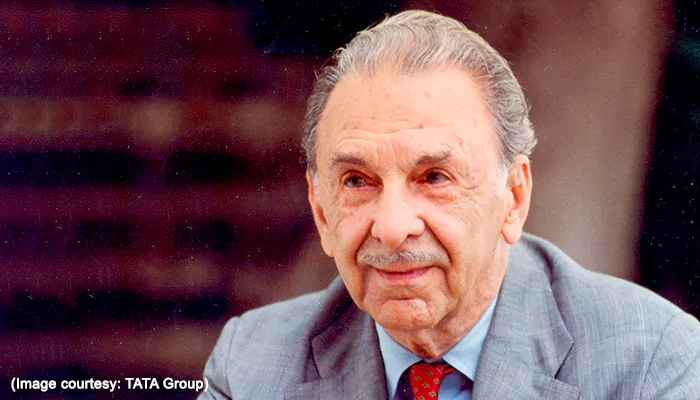
Markets Open Flat Amid FMCG Weakness and Financial Sector Resilience

Stock market indices opened flat on Tuesday, following a marginal dip in the previous session due to pressure on FMCG and auto stocks. As of 9:18 AM, the S&P BSE Sensex declined by 10.62 points to 81,497.84, while the Nifty50 slipped 1.85 points to 24,617.15.
Dr. V K Vijayakumar, Chief Investment Strategist at Geojit Financial Services, suggested that markets are likely to remain in a consolidation phase, with no major catalysts for significant upward or downward movements. He highlighted that FMCG stocks are experiencing selling pressure due to subdued growth, while financial stocks remain robust, supported by strong prospects and appealing valuations.
He further noted that market overreactions could present opportunities for long-term investments, particularly in blue-chip FMCG stocks during corrections. Additionally, the resilience of banking and IT stocks is expected to persist, driven by favorable conditions supporting their growth trajectory.
Shaktikanta Das Bids Farewell as RBI Governor, Highlights Inflation, Cybersecurity, and Geoeconomic Challenges

RBI Governor Shaktikanta Das bid farewell on Tuesday, highlighting three key challenges for the central bank and the economy. First, he emphasized maintaining a balance between inflation and growth as the foremost task for his successor. Second, he stressed the need for agility in adapting to evolving global economic dynamics. Third, he underscored the growing importance of cyber security, calling it a significant global challenge, particularly for central banks.
Reflecting on his tenure, Das highlighted the RBI's efforts over six years to strengthen cyber security frameworks and harness the benefits of technological advancements. He also noted a strong focus on promoting financial inclusion, expressing confidence that these priorities will continue to shape the RBI's agenda moving forward.
Adani Power Seeks Concessions to Navigate SEZ Challenges Amid $790 Million Bangladesh Dues

Adani Power Ltd is seeking new concessions from the Indian government for its $2 billion coal-fired plant in eastern India, which is facing significant payment delays from Bangladesh, its sole electricity buyer. While the power ministry permitted Adani to sell electricity domestically in August, the plant's location in a Special Economic Zone (SEZ) complicates these sales. Without exemptions from the trade ministry, the electricity would be classified as imported and taxed accordingly.
Adani is also requesting a continuation of the customs duty waiver on imported coal powering its 1.6-gigawatt facility. Without these measures, selling power at competitive rates in India remains unfeasible. The plant accounts for about 10% of Bangladesh’s power consumption but has amassed $790 million in dues by September. Payments have begun trickling in, but Adani has stated it will consider connecting the plant to India’s grid if the financial situation worsens.
Inflation Anxiety Looms as 45% Indians Expect Costs to Keep Climbing

A recent survey revealed that 45% of Indians fear inflation may never stabilize, leading to continuously rising household expenses. Expectations of increased costs span multiple categories over the next six months. Government measures, such as subsidized healthcare under Ayushman Bharat, free rations for the poor, controlled fuel prices, and affordable medicines in state-run pharmacies, have helped alleviate some financial strain for vulnerable populations, according to Adarkar.
While 19% of respondents said they live comfortably and 34% are managing well, 22% struggle to cope financially, and 20% are just getting by. On a brighter note, 40% of urban Indians feel better off financially compared to 2020 during the pandemic, while 25% see no change, and 19% believe their situation has worsened. Optimism about inflation remains divided, with 20% expecting stability post-2025 and a smaller percentage anticipating normalization within a year or sooner.












